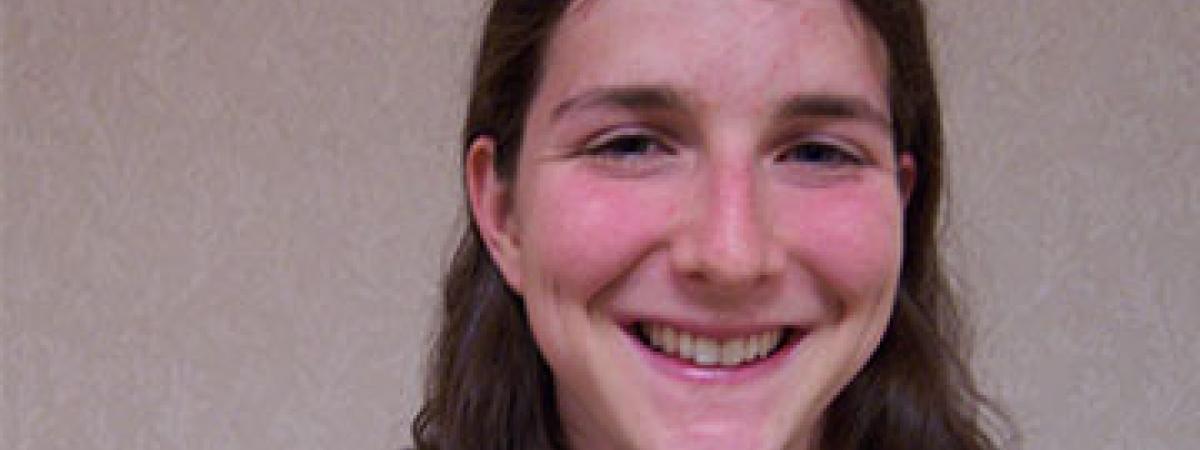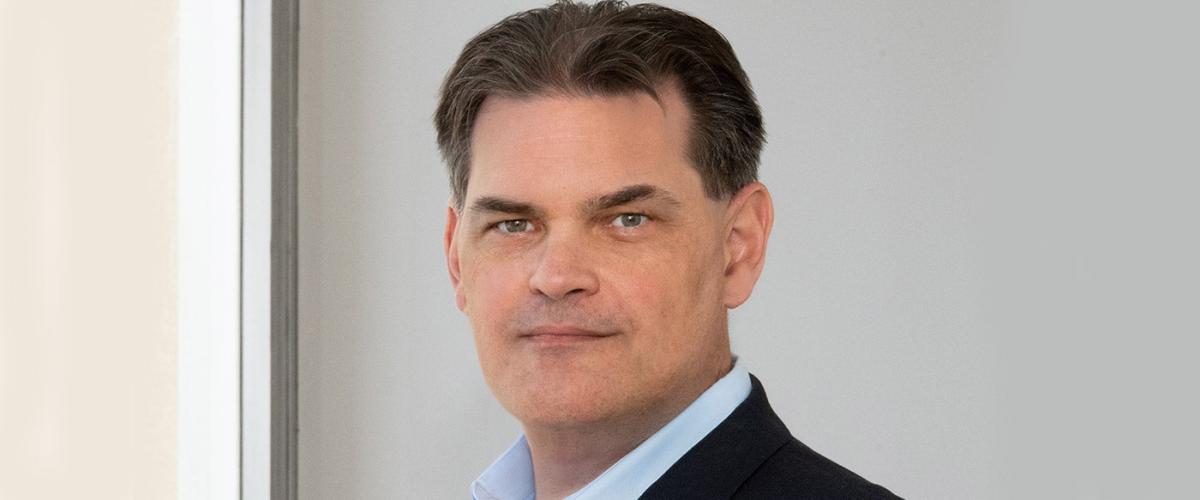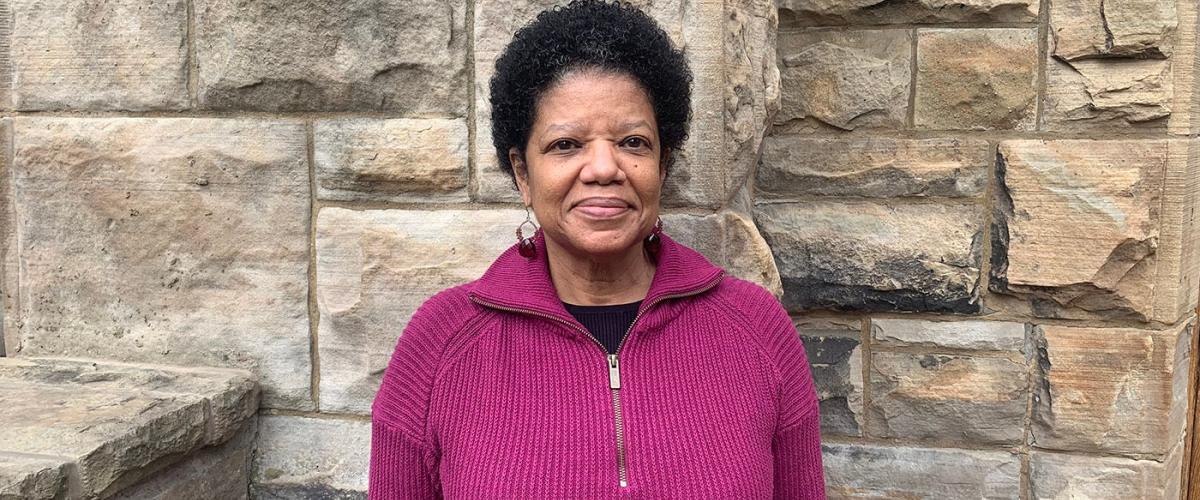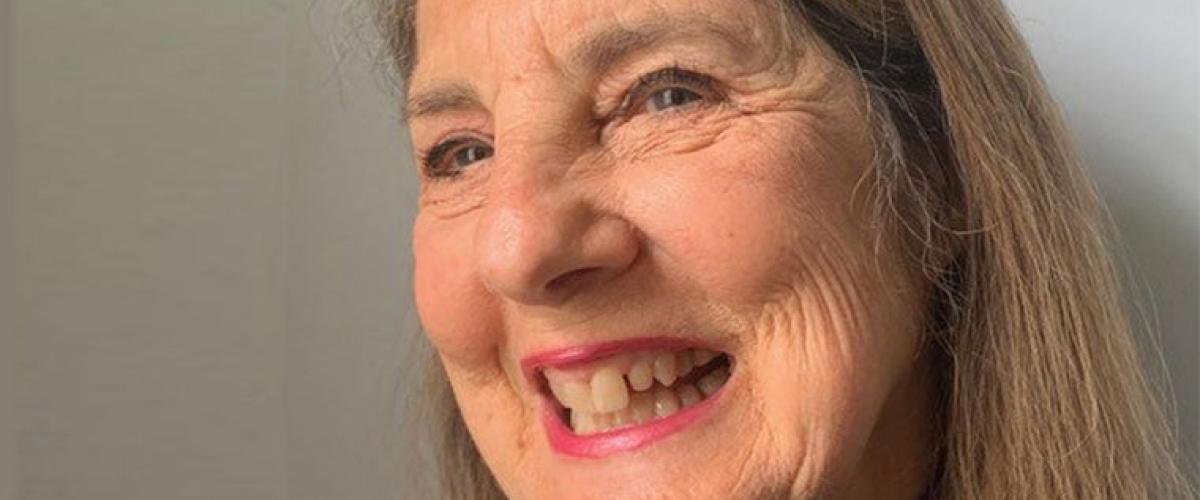As a mechanical engineering major, Rachel Laveson is accustomed to solving problems on the fly. In fact, that’s what drew her to engineering in the first place.
That skill has come in handy many times this summer for Laveson, who is interning in the Engineering Education Summer Outreach program.
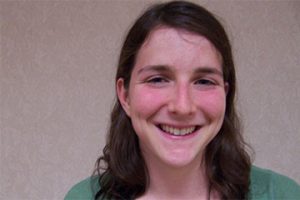 The program, which is run through the Leonard Gelfand STEM Center, matches six undergraduate students with different summer camps in Cleveland. The students, who work in pairs and each visit two sites, design and facilitate STEM (science, technology, engineering and mathematics) lessons for students.
“Problem solving and thinking on my feet is definitely something that I’ve had to do a couple times,” she said.
One day, she and her partner, Precious Adeleye, planned to take their group of middle-school-aged boys to the computer lab so they could research STEM careers—only to discover the lab was double-booked when they got there.
With only five minutes before class began, Laveson came up with a lesson using paper airplanes to teach lift and drag.
In other instances, Laveson and Adeleye have discovered the lessons they had planned simply weren’t challenging enough for their bright students. Often, they only have a few minutes between classes to make adjustments to improve the lesson.
“The engineering design process is all about taking things, testing them and fixing them so they work better,” Laveson said. “I’ve definitely seen some of that in the summer planning.”
Teaching isn’t new to Laveson, who has been a tutor for Urban Squash Cleveland, a youth development organization that teaches inner-city youth the sport of squash and provides academic support, for the past two years through the Civic Engagement Scholars program. As part of the program, Laveson volunteers for at least 50 hours each academic year.
In both of her programs, Laveson enjoys hearing the questions students pose and watching as they make connections.
“One day, we taught a lesson and, you know, some lessons are more successful than others, and this one didn’t stand out to me as being particularly great,” she said. “But one of the kids, as he was leaving, he turned to us and he said, ‘Thank you for creating such a meaningful learning environment.’”
Get to know Laveson better in this week’s five questions.
The program, which is run through the Leonard Gelfand STEM Center, matches six undergraduate students with different summer camps in Cleveland. The students, who work in pairs and each visit two sites, design and facilitate STEM (science, technology, engineering and mathematics) lessons for students.
“Problem solving and thinking on my feet is definitely something that I’ve had to do a couple times,” she said.
One day, she and her partner, Precious Adeleye, planned to take their group of middle-school-aged boys to the computer lab so they could research STEM careers—only to discover the lab was double-booked when they got there.
With only five minutes before class began, Laveson came up with a lesson using paper airplanes to teach lift and drag.
In other instances, Laveson and Adeleye have discovered the lessons they had planned simply weren’t challenging enough for their bright students. Often, they only have a few minutes between classes to make adjustments to improve the lesson.
“The engineering design process is all about taking things, testing them and fixing them so they work better,” Laveson said. “I’ve definitely seen some of that in the summer planning.”
Teaching isn’t new to Laveson, who has been a tutor for Urban Squash Cleveland, a youth development organization that teaches inner-city youth the sport of squash and provides academic support, for the past two years through the Civic Engagement Scholars program. As part of the program, Laveson volunteers for at least 50 hours each academic year.
In both of her programs, Laveson enjoys hearing the questions students pose and watching as they make connections.
“One day, we taught a lesson and, you know, some lessons are more successful than others, and this one didn’t stand out to me as being particularly great,” she said. “But one of the kids, as he was leaving, he turned to us and he said, ‘Thank you for creating such a meaningful learning environment.’”
Get to know Laveson better in this week’s five questions.
 The program, which is run through the Leonard Gelfand STEM Center, matches six undergraduate students with different summer camps in Cleveland. The students, who work in pairs and each visit two sites, design and facilitate STEM (science, technology, engineering and mathematics) lessons for students.
“Problem solving and thinking on my feet is definitely something that I’ve had to do a couple times,” she said.
One day, she and her partner, Precious Adeleye, planned to take their group of middle-school-aged boys to the computer lab so they could research STEM careers—only to discover the lab was double-booked when they got there.
With only five minutes before class began, Laveson came up with a lesson using paper airplanes to teach lift and drag.
In other instances, Laveson and Adeleye have discovered the lessons they had planned simply weren’t challenging enough for their bright students. Often, they only have a few minutes between classes to make adjustments to improve the lesson.
“The engineering design process is all about taking things, testing them and fixing them so they work better,” Laveson said. “I’ve definitely seen some of that in the summer planning.”
Teaching isn’t new to Laveson, who has been a tutor for Urban Squash Cleveland, a youth development organization that teaches inner-city youth the sport of squash and provides academic support, for the past two years through the Civic Engagement Scholars program. As part of the program, Laveson volunteers for at least 50 hours each academic year.
In both of her programs, Laveson enjoys hearing the questions students pose and watching as they make connections.
“One day, we taught a lesson and, you know, some lessons are more successful than others, and this one didn’t stand out to me as being particularly great,” she said. “But one of the kids, as he was leaving, he turned to us and he said, ‘Thank you for creating such a meaningful learning environment.’”
Get to know Laveson better in this week’s five questions.
The program, which is run through the Leonard Gelfand STEM Center, matches six undergraduate students with different summer camps in Cleveland. The students, who work in pairs and each visit two sites, design and facilitate STEM (science, technology, engineering and mathematics) lessons for students.
“Problem solving and thinking on my feet is definitely something that I’ve had to do a couple times,” she said.
One day, she and her partner, Precious Adeleye, planned to take their group of middle-school-aged boys to the computer lab so they could research STEM careers—only to discover the lab was double-booked when they got there.
With only five minutes before class began, Laveson came up with a lesson using paper airplanes to teach lift and drag.
In other instances, Laveson and Adeleye have discovered the lessons they had planned simply weren’t challenging enough for their bright students. Often, they only have a few minutes between classes to make adjustments to improve the lesson.
“The engineering design process is all about taking things, testing them and fixing them so they work better,” Laveson said. “I’ve definitely seen some of that in the summer planning.”
Teaching isn’t new to Laveson, who has been a tutor for Urban Squash Cleveland, a youth development organization that teaches inner-city youth the sport of squash and provides academic support, for the past two years through the Civic Engagement Scholars program. As part of the program, Laveson volunteers for at least 50 hours each academic year.
In both of her programs, Laveson enjoys hearing the questions students pose and watching as they make connections.
“One day, we taught a lesson and, you know, some lessons are more successful than others, and this one didn’t stand out to me as being particularly great,” she said. “But one of the kids, as he was leaving, he turned to us and he said, ‘Thank you for creating such a meaningful learning environment.’”
Get to know Laveson better in this week’s five questions.


